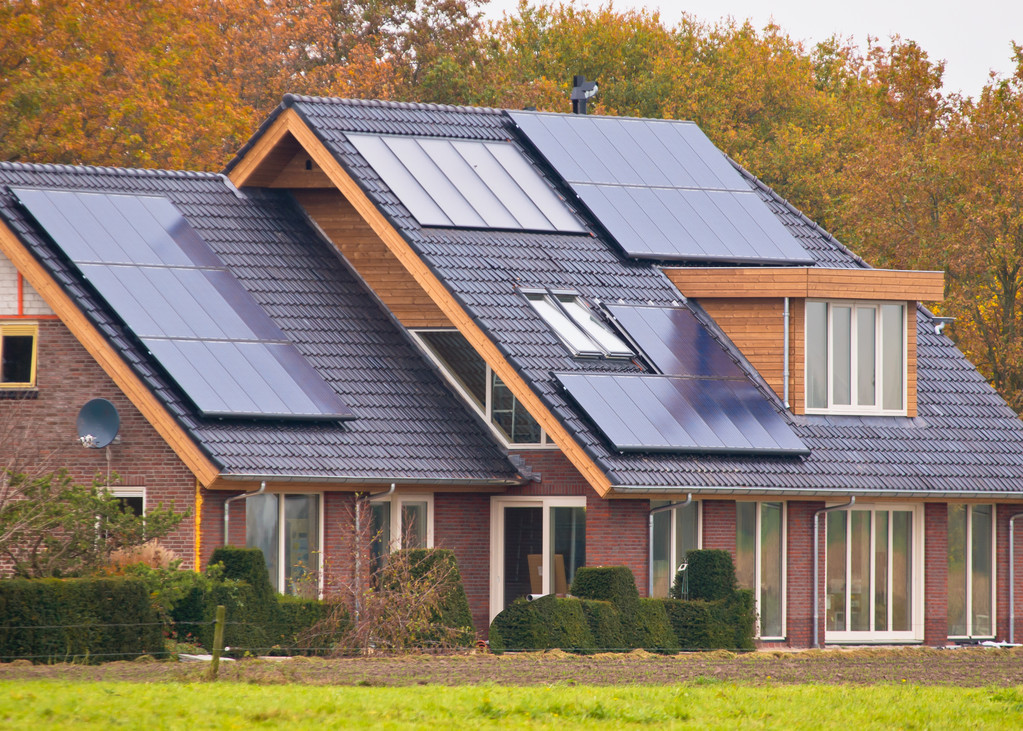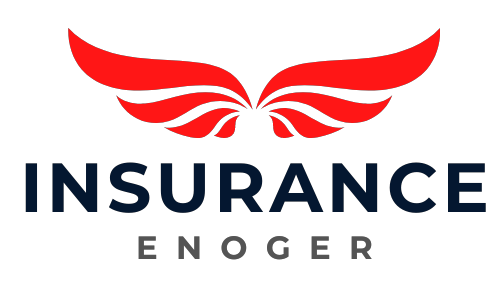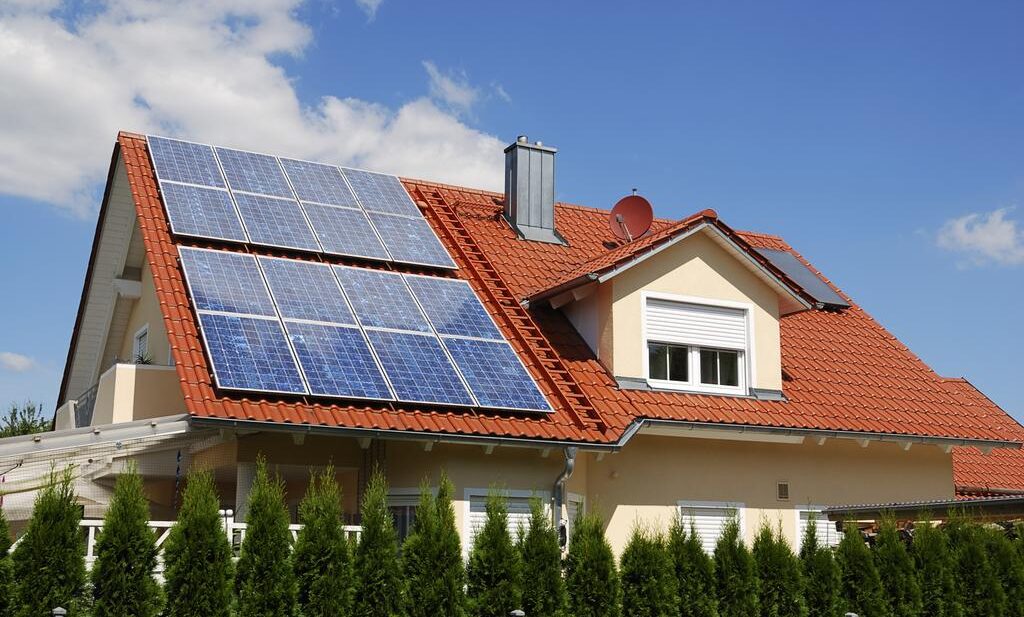Now that the solar energy systems are a part of modern homes, most homeowners question whether their standard home insurance would be sufficient for these precious assets. The fact is that solar panels are an investment in finance but also an investment in the future. Thus, ensuring they remain secured in the face of unforeseen events is necessary.
Knowing Solar Panel Coverage in Home Insurance
Most home insurance packages include coverage for solar panels because it is usually considered part and parcel of the household structure. However, how far this would cover a loss depends solely on which insurance company an individual is dealing with and the terms of the policy. As a general rule, roof-mounted panels are covered against fire, wind, hail, and vandalism. Ground mounting a system or individually mounted structures need separate coverage.
To confirm the details, check the dwelling coverage part of your insurance policy. The part describes what is included in the structural coverage, and thus might clarify if the solar panels are covered or not.
Typical Risks and Perils Included in Home Insurance
Standard home insurance covers the following common risks and perils when it comes to solar panels:
Fire and Smoke Damage: Protecting against accidental fires or smoke, which can damage your solar panels.
Windstorms and Hail: This will include protection for damage from high winds or hailstones, though some plans in areas known for extreme weather can exclude this.
Theft and Vandalism: Panels stolen or destroyed are covered by a typical policy.
Falling Objects: Damage from falling objects, such as falling branches or branches brought down by trees, is also usually included.
Although most of the risks are insured, there can be exclusions. For example, some of these policies do not have hurricane, flood, or earthquake coverage unless some endorsements are taken.
Factors That Influence Solar Panel Coverage
Several factors can impact the type and amount of coverage available for your solar energy system:
Location of Installation: Rooftop installations are typically included in the main dwelling coverage, while ground-mounted systems may need separate policies.
System Value: Higher-value systems might exceed the policy’s coverage limits, requiring additional insurance.
State Regulations: Some states mandate specific protections for solar energy systems, influencing insurance coverage.
Installation Type: Panels installed onto the house for permanent attachment are considered to be placed under standard coverage more than movable or temporary arrangements.
Other Coverage Options for Solar Panels
You may consider another insurance option, if your policy does not suffice in covering your solar panels adequately:
Rider or Endorsement: Installing a rider onto your policy can be an effective method of increasing limits of coverage solely for your solar panels.
Solar Energy-Specific Policies: Some insurance providers offer policies tailored specifically for solar energy systems that provide full protection.
Warranty Coverage: Some manufacturers of the solar panels cover specific types of damage or performance issues with their warranties.
The above options would increase your premium, but peace of mind can be achieved with the knowledge that your investment is fully protected.
Maintenance and Inspections
Insurance companies may request proof that your solar panels are well maintained. Regular inspections and prompt repairs may prevent a claim from turning into a dispute. In addition, documentation of maintenance and keeping receipts for repairs or replacements may also help streamline the claims process.
A lot of proper care will also ensure that the operation of the panel is efficient since energy output with maximised longevity happens. Knowledge into installing and maintaining this kind of device can be broadened through one having to study their way through Solar Energy Certification courses.

Questions to Ask Your Insurance Provider
Understand in depth how your solar panels are covered under your home insurance by asking the following questions:
- Am I covered through dwelling coverage or do I need an additional one?
- What type of perils does this policy include?
- Is there a type of exclusion in this policy that you should let me know?
- Is replacement cost or the actual cash value covered by this policy?
- Are solar panels discounted?
Do you have clear answers to these questions? Hence, you can make an informed decision on coverage.
More Than Buying Insurance
More than buying insurance is involved in comprehensive protection of your solar panels. Among them include taking proactive measures minimising risks such as:
- Installing hail guards and wind deflectors to cover the chance of damage.
- Regularly check them for wear and tear and potential hazards such as overhanging branches.
- Check that your panels are securely fixed to prevent theft or dislodging during severe storms.
With these measures in place, you will avoid potentially costly repairs while keeping your solar panels in tip-top condition.
Conclusion
Any homeowner will benefit from installing solar panels in his home, considering environmental and financial gains. Understanding what your standard home insurance policy covers for solar panels will be an essential step to ensuring this investment. Reviewing your policy, asking the right questions, and determining if additional coverage is necessary can help protect your solar energy system from possible risks.
For homeowners who would want to reap the full benefit of their solar energy investment, knowledge and vigilance are the only way to secure long-term peace of mind.





